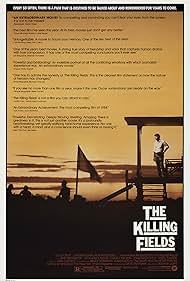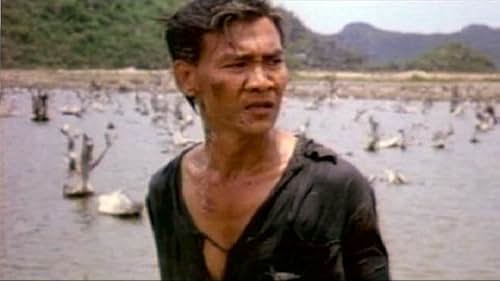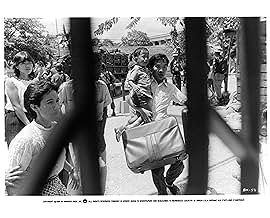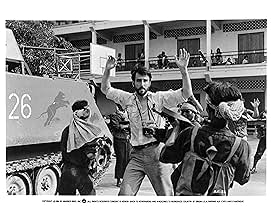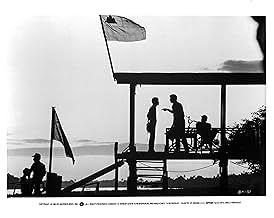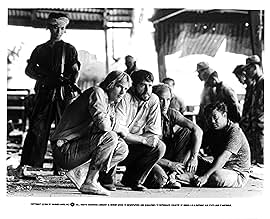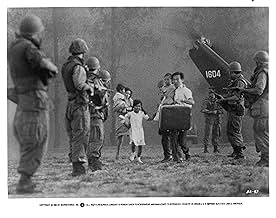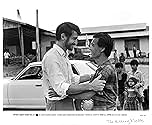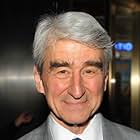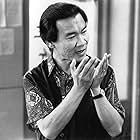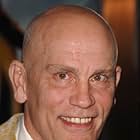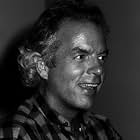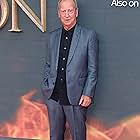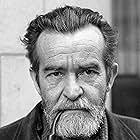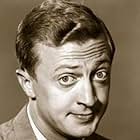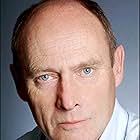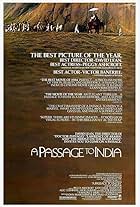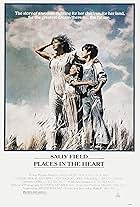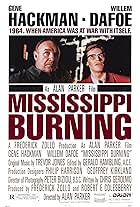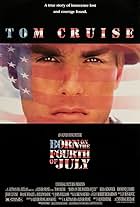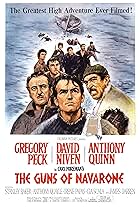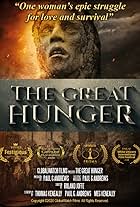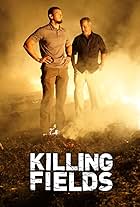A journalist is trapped in Cambodia during tyrant Pol Pot's bloody 'Year Zero' cleansing campaign, which claimed the lives of two million 'undesirable' civilians.A journalist is trapped in Cambodia during tyrant Pol Pot's bloody 'Year Zero' cleansing campaign, which claimed the lives of two million 'undesirable' civilians.A journalist is trapped in Cambodia during tyrant Pol Pot's bloody 'Year Zero' cleansing campaign, which claimed the lives of two million 'undesirable' civilians.
- Won 3 Oscars
- 28 wins & 24 nominations total
Haing S. Ngor
- Dith Pran
- (as Dr. Haing S Ngor)
- Director
- Writer
- All cast & crew
- Production, box office & more at IMDbPro
Storyline
Did you know
- TriviaIn real life, Haing S. Ngor's wife died under the Khmer Rouge regime, haemorrhaging during childbirth (the baby also died). She knew that she couldn't contact her husband as doctors were all being murdered by the regime so by keeping her silence and dying of internal bleeding, she effectively saved his life.
- GoofsWhen Schanberg and Dith visit the city of Neak Leung (which had just been accidentally hit by a B-52 strike) a group of Cambodian National Army operatives rush into town in a jeep. The song "Band on the Run" by Paul McCartney and Wings is blaring, supposedly from a radio on the jeep. While the scene was to have taken place in May, 1973, the song "Band on the Run" was not released until 1974.
- Quotes
[last lines - at their reunion, with warm smiles]
Sydney Schanberg: You forgive me?
Dith Pran: Nothing to forgive, Sydney. Nothing.
- ConnectionsFeatured in Omnibus: The Killing Fields (1984)
- SoundtracksImagine
Written by John Lennon (uncredited)
Performed by John Lennon & The The Plastic Ono Band (uncredited)
Courtesy of EMI Records Limited
Featured review
Rating: **** Out of ****
Hard to say, but I believe when it comes to the war genre, The Killing Fields manages to edge out even Saving Private Ryan, and without a doubt, there's no better war film out there that's done a better job of capturing the realistic details and emotional loss of the time period (that being, the 70's in Cambodia/Vietnam).
Thus, I've always considered it a little odd that no one I know has even heard of this film. When lists of the greatest war films are decided, I don't believe I've ever seen this film crack any list. And the reason is simple: The Killing Fields is often ignored because it doesn't come from a soldier's point of view, and neither does it feature any adrenaline-pumping battle sequences. The fact that a strong portion of the film (about 2/5's) comes entirely from a Cambodian man's viewpoint might throw off a few viewers here and there. And yet, the film does just as fine a job as any anti-war film in creating a frightenining, chaotic world.
The performances all around superb without exception. Haing S. Ngor, who was tragically killed a few years ago, delivers a riveting, emotionally wrenching turn as the guide who is trapped in Cambodia and forced to fight for his life. He deservingly won the Oscar, though it's a shame he was snubbed for the best actor award. Inarguably, he's the film's central character and he also has more screen time than top-billed Sam Waterston. Despite my complaint on that matter, Waterston is also excellent as the journalist with a guilty conscience.
The Killing Fields is a suspenseful and exhilarating experience, a journey through an apocalyptic landscape that features one shocking image after another. Watch, and you'll see why the film is so acclaimed.
Hard to say, but I believe when it comes to the war genre, The Killing Fields manages to edge out even Saving Private Ryan, and without a doubt, there's no better war film out there that's done a better job of capturing the realistic details and emotional loss of the time period (that being, the 70's in Cambodia/Vietnam).
Thus, I've always considered it a little odd that no one I know has even heard of this film. When lists of the greatest war films are decided, I don't believe I've ever seen this film crack any list. And the reason is simple: The Killing Fields is often ignored because it doesn't come from a soldier's point of view, and neither does it feature any adrenaline-pumping battle sequences. The fact that a strong portion of the film (about 2/5's) comes entirely from a Cambodian man's viewpoint might throw off a few viewers here and there. And yet, the film does just as fine a job as any anti-war film in creating a frightenining, chaotic world.
The performances all around superb without exception. Haing S. Ngor, who was tragically killed a few years ago, delivers a riveting, emotionally wrenching turn as the guide who is trapped in Cambodia and forced to fight for his life. He deservingly won the Oscar, though it's a shame he was snubbed for the best actor award. Inarguably, he's the film's central character and he also has more screen time than top-billed Sam Waterston. Despite my complaint on that matter, Waterston is also excellent as the journalist with a guilty conscience.
The Killing Fields is a suspenseful and exhilarating experience, a journey through an apocalyptic landscape that features one shocking image after another. Watch, and you'll see why the film is so acclaimed.
- How long is The Killing Fields?Powered by Alexa
Details
- Release date
- Country of origin
- Official site
- Languages
- Also known as
- The Killing Fields - Schreiendes Land
- Filming locations
- Production companies
- See more company credits at IMDbPro
Box office
- Budget
- $14,400,000 (estimated)
- Gross US & Canada
- $34,700,291
- Opening weekend US & Canada
- $32,181
- Nov 4, 1984
- Gross worldwide
- $34,700,291
- Runtime2 hours 21 minutes
- Color
- Sound mix
- Aspect ratio
- 1.85 : 1
Contribute to this page
Suggest an edit or add missing content

